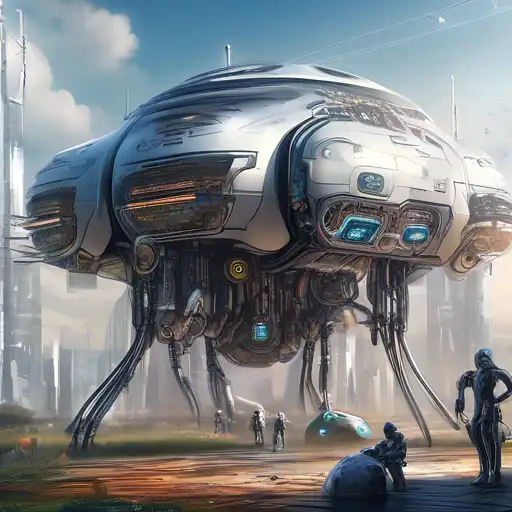Introduction to Artificial Intelligence's Evolution
Artificial Intelligence (AI) has transitioned from a futuristic concept to a cornerstone of modern technology. Today, we stand on the brink of a new era where AI's potential seems limitless. This article delves into the current state of AI, exploring its advancements, challenges, and what the future holds.
The Current State of AI
AI today is more than just algorithms and data; it's about creating systems that can learn, adapt, and potentially outperform human intelligence in specific tasks. From machine learning models that predict consumer behavior to AI-driven healthcare diagnostics, the applications are vast and varied.
Advancements in AI Technology
Recent years have seen groundbreaking advancements in AI technology. Deep learning, a subset of machine learning, has enabled computers to recognize patterns and make decisions with minimal human intervention. Innovations like neural networks and natural language processing (NLP) are pushing the boundaries of what machines can do.
Challenges Facing AI
Despite its progress, AI faces significant challenges. Ethical concerns, data privacy issues, and the risk of job displacement are hot topics. Ensuring AI develops in a way that benefits humanity while mitigating risks is a priority for researchers and policymakers alike.
The Future of AI
The future of AI is both exciting and uncertain. With the potential to revolutionize industries, enhance human capabilities, and solve complex global challenges, AI's trajectory is towards becoming an integral part of our daily lives. However, achieving this future requires addressing current limitations and fostering collaboration across disciplines.
Conclusion
As we explore the future of artificial intelligence today, it's clear that AI is not just a technological revolution but a societal one. By understanding its current state, advancements, and challenges, we can better prepare for a future where AI and humanity coexist and thrive together.
